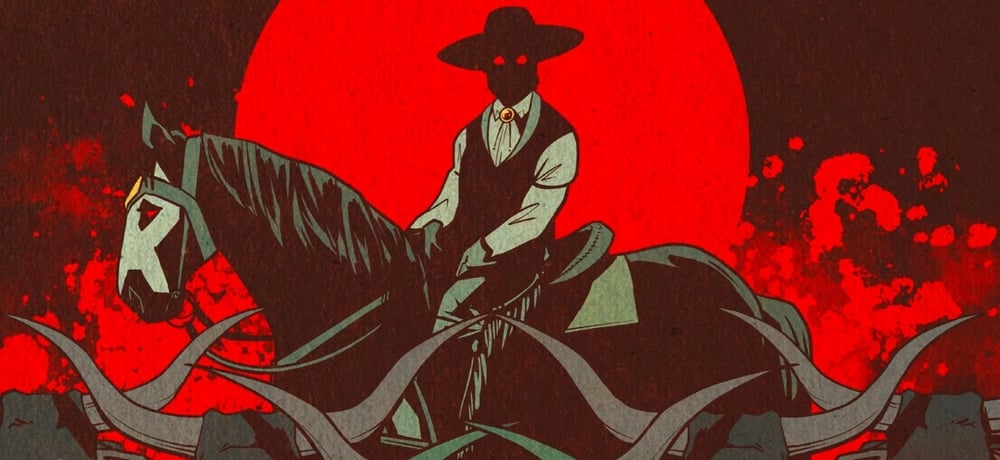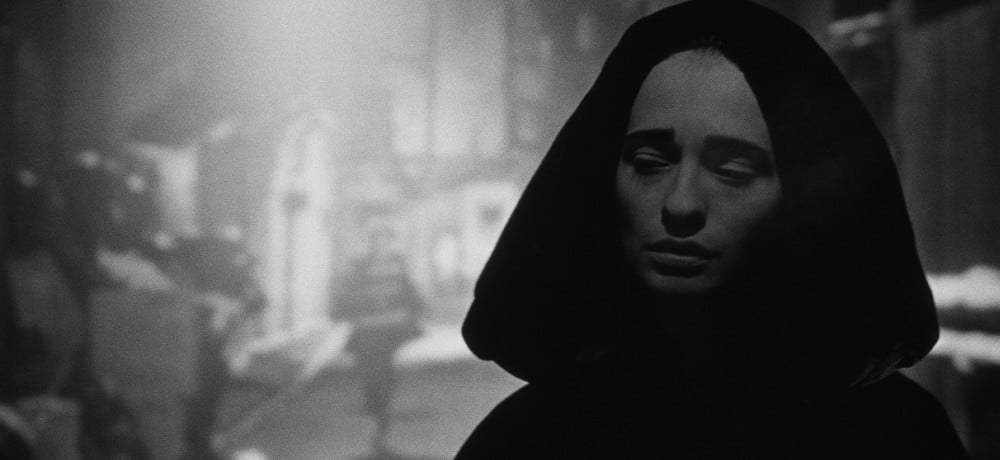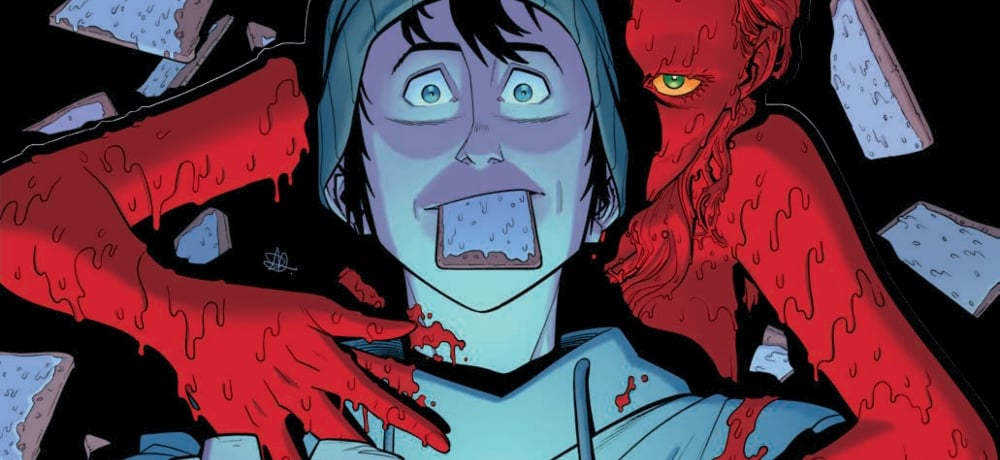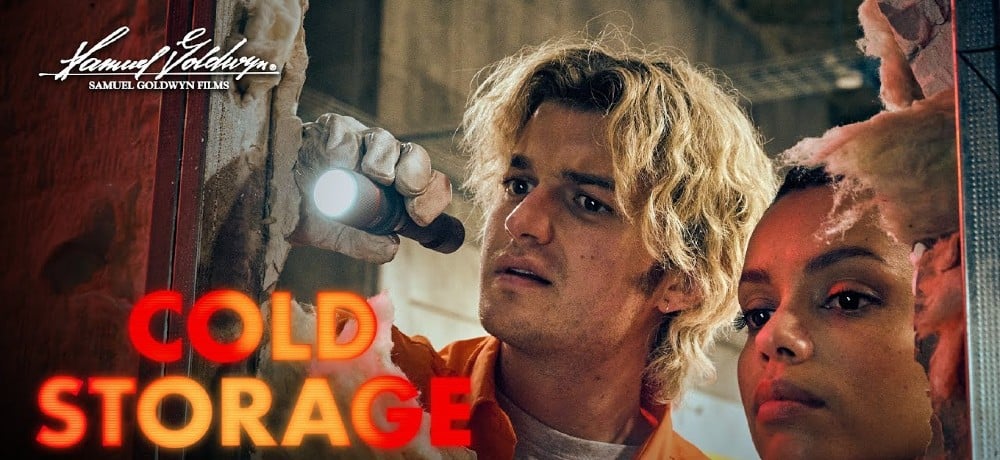





With The World's End having just opened in US theaters, I had a chance to sit down recently with a handful of journalists to speak with Simon Pegg about the movie. Not only does he talk about why he feels this is the best of the Cornetto Trilogy, but he also talks working on The World's End script, his thoughts on Hot Fuzz, and the chances of them all working together on another film:
I understand that The World’s End had a pretty tight shooting schedule. Were you able to get everything from the script into the movie and, after seeing the final version, is there anything you would have done differently?
Simon Pegg: As far as I’m concerned, it’s the best it can be. It would have been nice to have had another two weeks to shoot the movie. We could have used another two days on each fight to have some wiggle room. We got it all in, but it was very hard work… and I broke my hand. I wouldn’t have broken my hand… that’s what I would have done differently.
How important was it for you, Edgar, and Nick to spend time in the states and meet with fans?
Simon Pegg: It’s very important, because we’re foreigners. We have a great groundswell of support from the geek audience who have been with us for all of these years. Even the best and biggest British films, with the exception of Bond and Harry Potter, make about $40 million. Our international [ticket sales] is where the real money comes in. Conversely, American comedies don’t usually make a big splash around the world. It’s really important to tell everyone: “Hey, we’re here! Come and see the movie!”
You’ve worked with some of the biggest directors in Hollywood. Has your experience on these blockbusters changed the way you approach writing scripts?
Simon Pegg: Every film, big or small, you learn something. As writers, we’ve become more aware of what will be available to us during the production process. We think of the big picture earlier. We come to set with a script that’s carved into a stone tablet because we are so tight in terms of what we have to do that day. All of the improvisation and playing with the script is done in rehearsals, so when we come to set, we get it all. That was partly because Edgar and I were very anal about transitions, foreshadowing, and callbacks. If something was out of place, it wouldn’t work.
When did you first start working on the idea and script for The World’s End?
Simon Pegg: We had the idea in 2007 and then locked it away: “Wouldn’t it be funny if you went back to your home town and everything feels different? You think it’s because you changed, but it’s actually that the town has been taking over by alien robots.”
That was literally the pitch that we had initially. The “alien robots” was a flippant thing, undermining the serious-sounding pitch of a returning home drama. Alien robots just seemed like the most “Wright and Pegg” thing. Edgar and I came together at the end of 2011 and went away for a weekend together [to write it]. By that time, we were better equipped in 2011. We couldn’t have written it in 2007 and I’m glad we waited.
You’ve built up this huge fanbase over the years with Shaun of the Dead and Hot Fuzz. Do you feel pressure that you have to write a specific movie for a specific audience or does it still feel similar to how you approached Shaun of the Dead?
Simon Pegg: The thing we try to do is apply ourselves with the same level of concentration and care as we did the last time. With Shaun, it was a very new thing for us and we were feeling our way. With Hot Fuzz, we had a little more experience, but it feels five or ten minutes too long. Watching it again, we thought we could cut it a bit, but we had all these toys [to play with]. With The World’s End, we thought if we had the same level of care and attention to the script, that it should be as good or better, because we’re older and more experienced. I think technically and structurally, it is a better film. For me, it’s the most heartfelt and personal of the three.
Can you talk about switching roles with Nick in this movie, with him playing more of the straight character?
Simon Pegg: I wanted to be the funny one this time [laughs]. I spent too movies being the straight guy. Gary is constantly trying to distract himself, and I wanted to make him as annoying and unlikable as possible. It was important that when you find out why the way he is, you think that you shouldn’t have been as hasty to judge him. Nostalgia can be a dangerous thing if it’s all you have. Gary is addicted to alcohol and drugs, but he’s also addicted to nostalgia.
I know this is the end of the Cornetto trilogy, but do you, Edgar, and Nick have plans to work together in the near future?
Absolutely. Without a doubt. We only talked finality, in terms of this series of films. We don’t want another film that you could add it as an extra DVD in the box set. These are bound by certain criteria we set for ourselves: they’re contemporary and set in the UK, there are themes that run through all three, and there are superficial connective tissues like the fence joke and the Cornetto.
We’ve all got stuff to do. I have another Mission: Impossible, Star Trek, and Tintin. That’s stuff that I have to do and I want to do, obviously. It makes me sad, because I love working with them. I get to see Nick more when I work with him, which is great, but we have to remember that the audience might get tired of us. We need to give the audience a break, so they can miss us a bit.
---------
“In The World’s End, 20 years after attempting an epic pub crawl, five childhood friends reunite when one of them becomes hellbent on trying the drinking marathon again. They are convinced to stage an encore by mate Gary King (Simon Pegg), a 40-year-old man trapped at the cigarette end of his teens, who drags his reluctant pals to their hometown and once again attempts to reach the fabled pub – The World’s End. As they attempt to reconcile the past and present, they realize the real struggle is for the future, not just theirs but humankind’s. Reaching The World’s End is the least of their worries.”